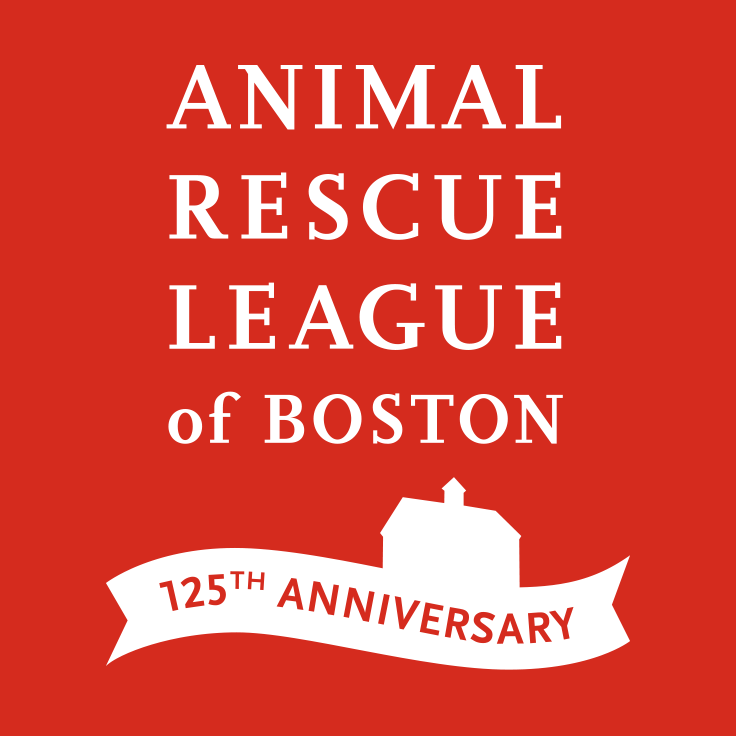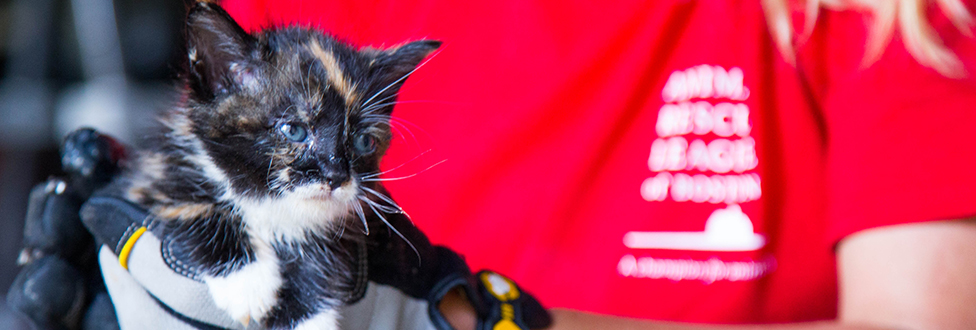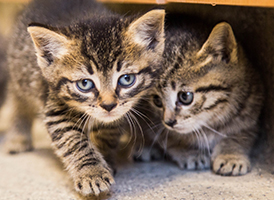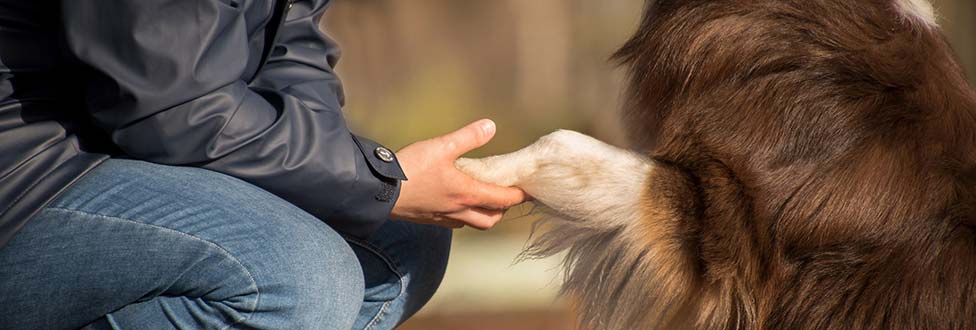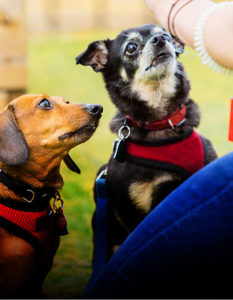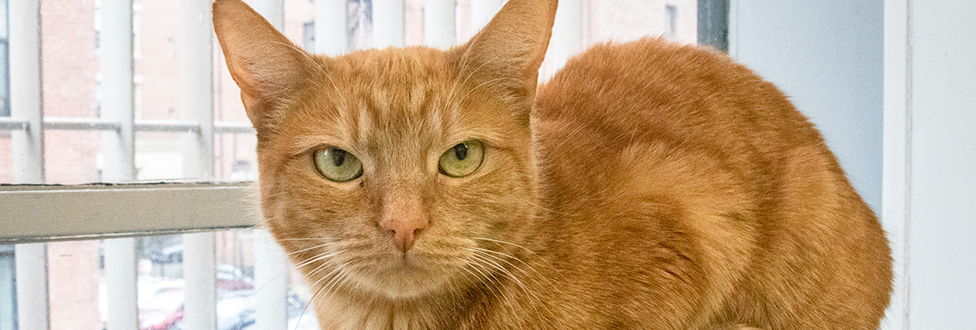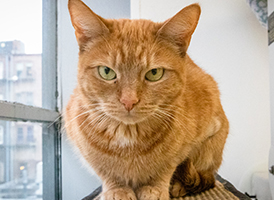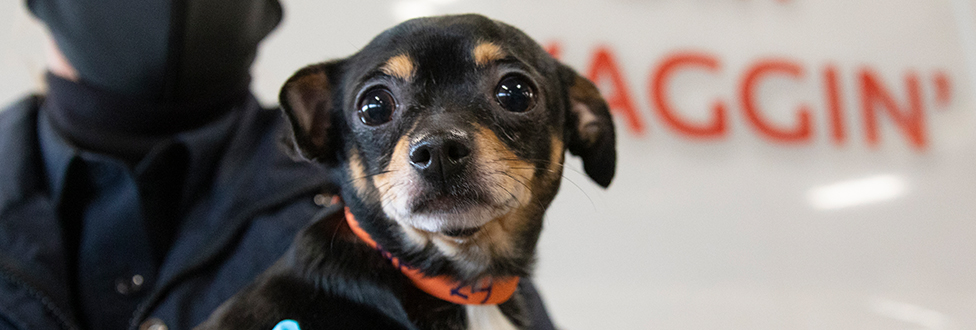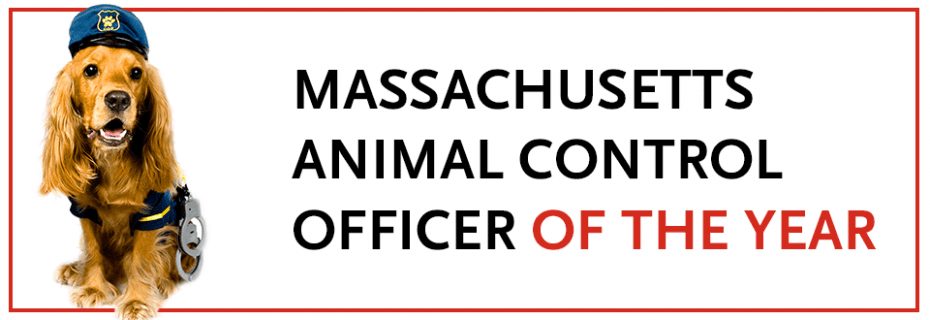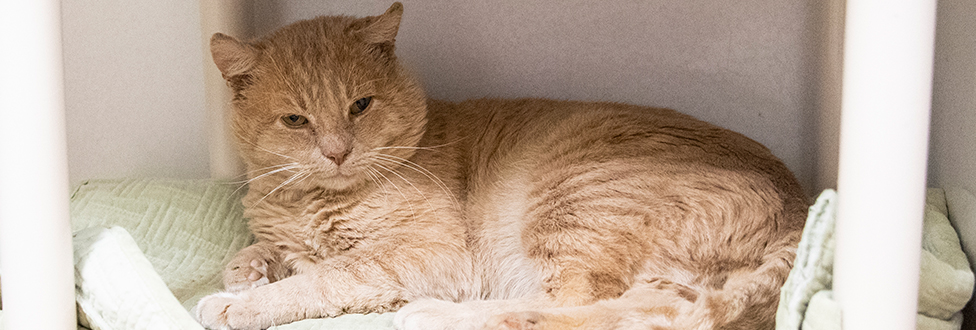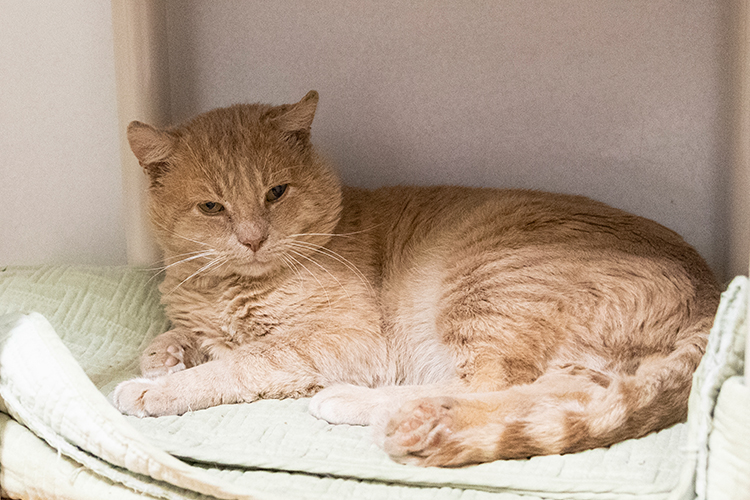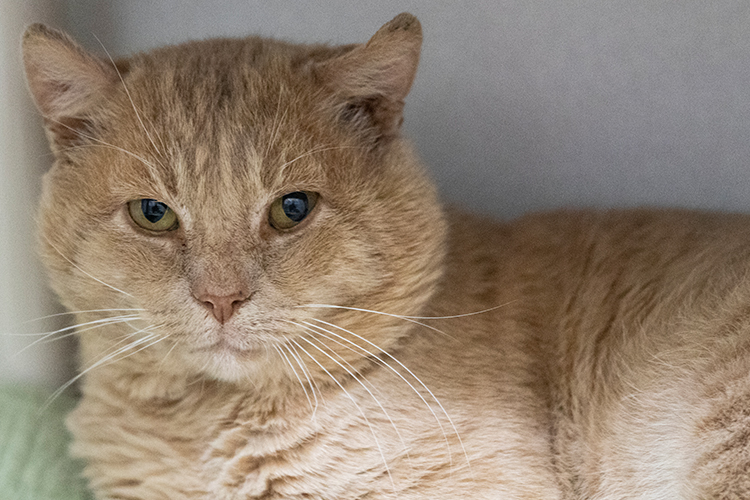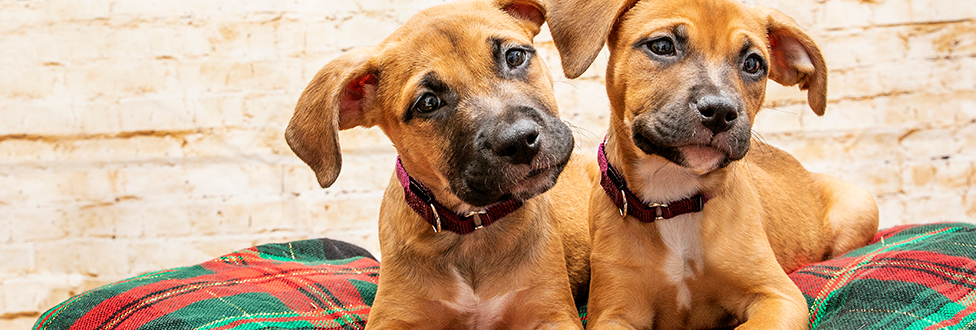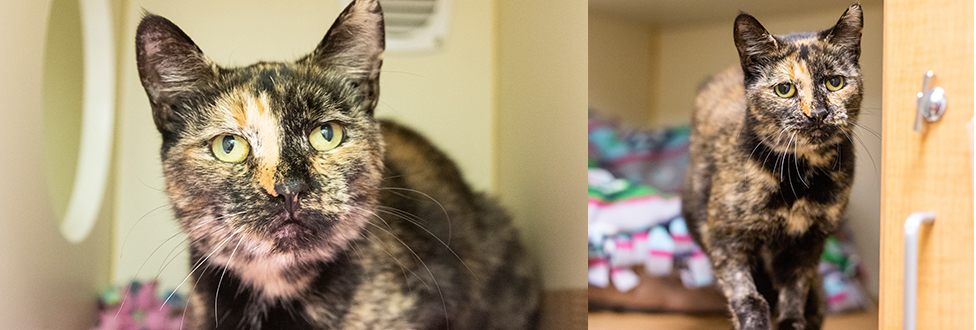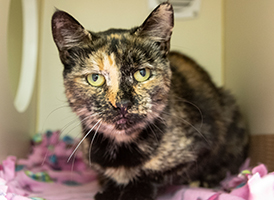Warm November/December May Result in Outdoor Kitten Surge
Outdoor kitten rate of survival low when temperatures drop
With November and December being relatively mild, the Animal Rescue League of Boston (ARL) is expecting to see a rapid increase in the number of kittens being born outside, which may unfortunately lead to many fatalities in the harsh New England winter temperatures.
Survival rates for kittens born during the cold winter months is very low, and ARL is urging the public to take action if they become aware of kittens being born in or around their property.
ARL’s Field Services Department works extensively with community cats and can be reached by calling (617) 426-9170, option 1.
The winter months are, in general, difficult for community cats. However, adult community cats are resilient, able to forage for food and have the cunning ability to find a warm, dry place to be protected from the elements.
On the other hand, kittens, particularly under six-weeks-old, are unable to care for themselves, and lack the body fat and adaptive skills to survive the extreme cold.
Additionally, mothers of kittens may succumb to disease or an unfortunate accident, making the kittens orphans. The public should never remove, but always leave kittens with their mother and contact ARL for assistance.
It’s imperative to get these helpless kittens off the streets.
When ARL Field Services is contacted, the team will assess the site to determine whether the animals are in danger, and if so will remove them, along with their mother.
The kittens will then be transferred to an ARL Animal Care and Adoption Center for a veterinary exam, vaccinations, spay/neuter, and finally find them a loving forever home.
The mother cat will be vaccinated, spayed, and behaviorally assessed to determine whether they are adoptable or should be returned to the field.
